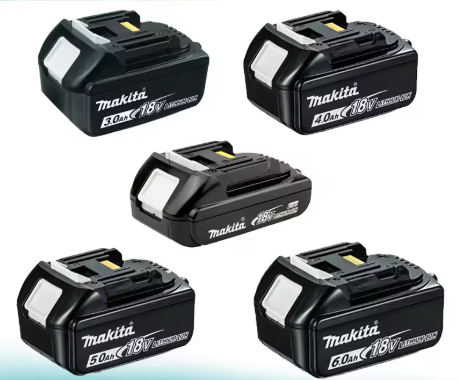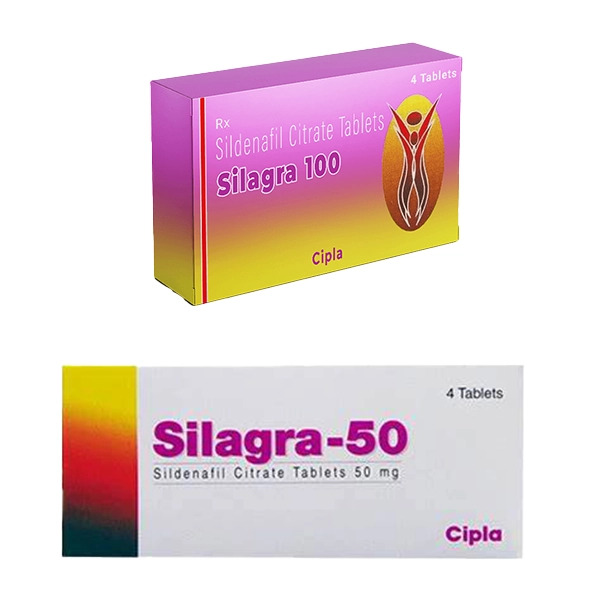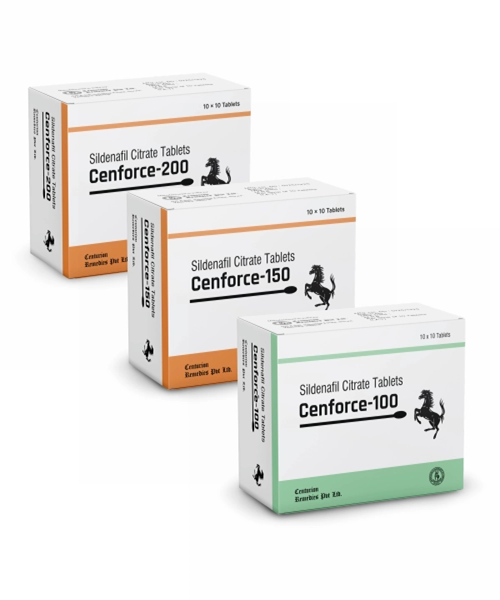
White Label Property Management Software Explained: Scale Smarter
- David Blair
- Business
- 2025-11-07 11:35:18
- 2170K
When entrepreneurs talk about scalability, brand control, and fast market entry, few strategies are as effective as going white label. Among the industries rapidly embracing this model, property technology (PropTech) stands out. White label property management software has become the go-to solution for tech innovators who want to tap into the booming real estate management market—without building everything from scratch.
This guide takes a practical look at how businesses can leverage white label property management software to increase operational efficiency, streamline workflows, and build profitable, scalable platforms under their own brand. Whether you’re a tech founder, SaaS provider, or digital agency looking to diversify your offerings, this deep dive will help you see how white-label real estate technology can power your next growth move.
Understanding White Label Property Management Software
Before we dive into strategy, it’s worth defining what white label property management software actually is.
In simple terms, it’s a ready-made, fully functional property management platform developed by one company and rebranded by another. Instead of spending months—or years—designing, developing, and maintaining a system, you license the product, customize it with your own logo, colors, and brand identity, and sell or use it as your own.
Think of it as having a turnkey real estate tech business at your fingertips. You focus on branding, marketing, and customer relationships, while the technical foundation—like tenant portals, rent tracking, maintenance management, and analytics—is already built and maintained by the original provider.
This model is not just a shortcut. It’s a smart strategy for tech entrepreneurs who understand that time-to-market and efficiency are powerful differentiators.
Why White Label Solutions Are Changing the Game
The real estate technology space is growing rapidly, and property management is at its core. But building your own property management software from the ground up is a huge investment—both financially and operationally.
White-label solutions change that dynamic entirely. They allow businesses to:
- Enter new markets quickly without long development cycles.
- Reduce costs by eliminating the need for large in-house tech teams.
- Build brand equity under their own identity, not someone else’s.
- Focus on sales, marketing, and service instead of software maintenance.
For tech entrepreneurs, these advantages make white label property management software a gateway into a proven, high-demand sector—without the barriers that typically come with custom development.
How White Label Property Management Software Boosts Efficiency
Efficiency is the currency of successful businesses. The more efficiently you operate, the more capacity you have to scale and innovate. Here’s how white-label platforms help businesses achieve that balance.
1. Streamlined Deployment and Onboarding
When you license a white-label solution, deployment takes weeks—not months. The architecture, features, and core functionalities are already built, tested, and optimized. You can start onboarding clients almost immediately, giving you a significant first-mover advantage in competitive markets.
This speed doesn’t just save time—it reduces risk. By adopting a proven framework, you sidestep many of the pitfalls that come with untested, custom-built software.
2. Centralized Operations and Automation
Modern property management software is designed to simplify complex, time-consuming processes—like rent collection, maintenance scheduling, communication tracking, and report generation. When these systems are automated under your white-label brand, your clients experience smoother operations, fewer errors, and more reliable data.
For entrepreneurs, that translates into a stronger value proposition. You’re not just offering software; you’re helping businesses run more efficiently and make smarter decisions backed by real-time insights.
3. Reduced Maintenance and Technical Overhead
Maintaining software is expensive and requires constant attention—security updates, bug fixes, new features, integrations, and customer support. With a white label property management software solution, that burden shifts to the original developer. You get the benefit of continuous improvements without the ongoing technical drain.
This allows you and your team to stay focused on your business goals—marketing, client acquisition, and brand strategy—while your technology backbone remains reliable, updated, and secure.
How White Label Solutions Drive Profitability
Efficiency is only half of the equation. The real power of a white-label model lies in profitability. Let’s look at how businesses are monetizing white label property management software effectively.
1. Rapid Market Entry = Faster Revenue
Developing a new product can take a year or more before you see your first dollar. With white-label software, you can launch in a fraction of that time. You’re leveraging an existing framework that’s already market-tested, which means your only real focus is positioning and selling.
That compressed timeline allows you to start generating revenue faster, reinvest sooner, and scale with momentum.
2. Recurring Revenue Opportunities
One of the biggest advantages of offering a whitelabel real estate app or platform is the ability to create subscription-based models. You can offer your clients monthly or annual plans, add-on services, or tiered packages that scale with their business needs. This creates predictable, recurring income—something every SaaS entrepreneur values.
It’s a business model that grows with your customers. As their portfolios expand, their software needs evolve, and your revenues follow suit.
3. Lower Cost of Innovation
Because the software provider already does the heavy lifting, you can focus your budget on innovation and differentiation. Want to add AI-based analytics or smart home integrations? You can do that through API connections and modular extensions, without rebuilding your entire system.
This approach helps you stay competitive and agile—two traits that directly impact profitability.
Customization: The Key to Building Your Brand
The beauty of white labeling is flexibility. A strong white label property management software provider offers extensive customization options—from design and dashboards to features and integrations—so you can tailor the product to your audience.
Here’s where strategy meets creativity. The more thoughtfully you align your platform’s features and design with your brand promise, the stronger your identity becomes in the market.
Customization can include:
- Unique user interface design and color palette
- Branded mobile app under your name
- Custom reports and analytics tailored to your clients’ KPIs
- Integrations with your preferred CRMs or marketing tools
For tech entrepreneurs, this is a golden opportunity: you get to own the user experience without owning the codebase. Your brand remains front and center, while the technical engine quietly powers everything in the background.
The White Label Real Estate App Advantage
Let’s talk about mobility. The modern property management ecosystem doesn’t live on desktops—it’s in your pocket. A whitelabel real estate app extends the power of property management software to smartphones and tablets, giving users flexibility and convenience.
Whether it’s tenants paying rent through an app, property owners reviewing performance dashboards, or maintenance teams updating work orders in real time—mobile access is no longer optional. It’s expected.
White-label mobile apps make it easy for entrepreneurs to offer branded, on-the-go solutions that match modern user expectations without a multi-year development cycle. They also enhance engagement and retention, as users tend to stick with platforms that make daily operations effortless.
Choosing the Right White Label Partner
Not all white-label solutions are created equal. Choosing the right partner can make or break your success in this space. As you evaluate providers, consider:
- Scalability: Can the platform handle your growth as you add more clients?
- Customization: Does it allow enough branding and feature flexibility?
- Support: Will you get reliable technical and customer support post-launch?
- Security: Is the software compliant with data protection regulations?
- Pricing Model: Does the licensing structure make sense for your business model?
The goal isn’t just to find a vendor—it’s to build a partnership. The best white-label providers understand that your success is tied to theirs, and they invest in your long-term growth.
Challenges and How to Overcome Them
No business model is without its challenges. Even with the benefits of white label property management software, entrepreneurs should be aware of potential roadblocks—and how to navigate them effectively.
1. Limited Control Over Core Code
Since the software isn’t built from scratch by your team, you may face limits in deep customization. The solution? Choose a provider that offers API access or modular add-ons. This gives you the flexibility to innovate within the white-label framework.
2. Differentiation in a Competitive Market
If multiple businesses use similar white-label systems, standing out can be tricky. That’s where branding, customer experience, and service quality become critical. Focus on delivering value through superior onboarding, responsive support, and tailored solutions.
3. Dependence on the Provider’s Roadmap
Your provider controls updates and new features. To mitigate risk, align with a partner who communicates transparently about their roadmap and release schedules. Regular collaboration ensures you stay ahead of technological shifts.
The Future of White Label Property Management Software
The global real estate industry is becoming increasingly data-driven, customer-centric, and tech-forward. As automation and AI continue to evolve, white label property management software will play a pivotal role in helping entrepreneurs bring advanced digital tools to market faster.
We’re seeing emerging trends like:
- AI-driven property analytics
- Predictive maintenance powered by IoT
- Voice-enabled tenant communication
- Blockchain-based contract management
White-label systems will continue to integrate these innovations, giving entrepreneurs access to cutting-edge technology without prohibitive development costs.
For business owners, this isn’t just about keeping up—it’s about leading the transformation of property technology while maintaining brand independence.
Is White Label Right for You?
If your goal is to build a tech-driven business in the property management space—without the complexities of starting from scratch—then yes, white labeling is a smart move. It’s ideal for:
- SaaS startups looking to expand their portfolio
- Agencies wanting to resell branded solutions
- Tech entrepreneurs exploring real estate verticals
- Consulting firms offering digital transformation services
You don’t have to reinvent the wheel to create value. You just need to rebrand it strategically, deliver excellent customer experience, and build trust through consistent performance.
Conclusion
White label property management software is more than just a shortcut—it’s a business strategy built on speed, efficiency, and profitability. By leveraging ready-made technology, entrepreneurs can enter lucrative markets, strengthen their brand identity, and deliver exceptional digital experiences without the high costs and long timelines associated with custom development.
Whether you’re planning to launch a whitelabel real estate app or expand your existing tech portfolio, this model empowers you to focus on what truly drives growth: innovation, relationships, and results.
In a market that rewards agility and foresight, white-label property management solutions aren’t just tools—they’re enablers of opportunity. The question isn’t whether you should adopt them, but how soon you’ll start leveraging their potential to redefine your business success.
Leave a Reply
Please login to post a comment.












0 Comments